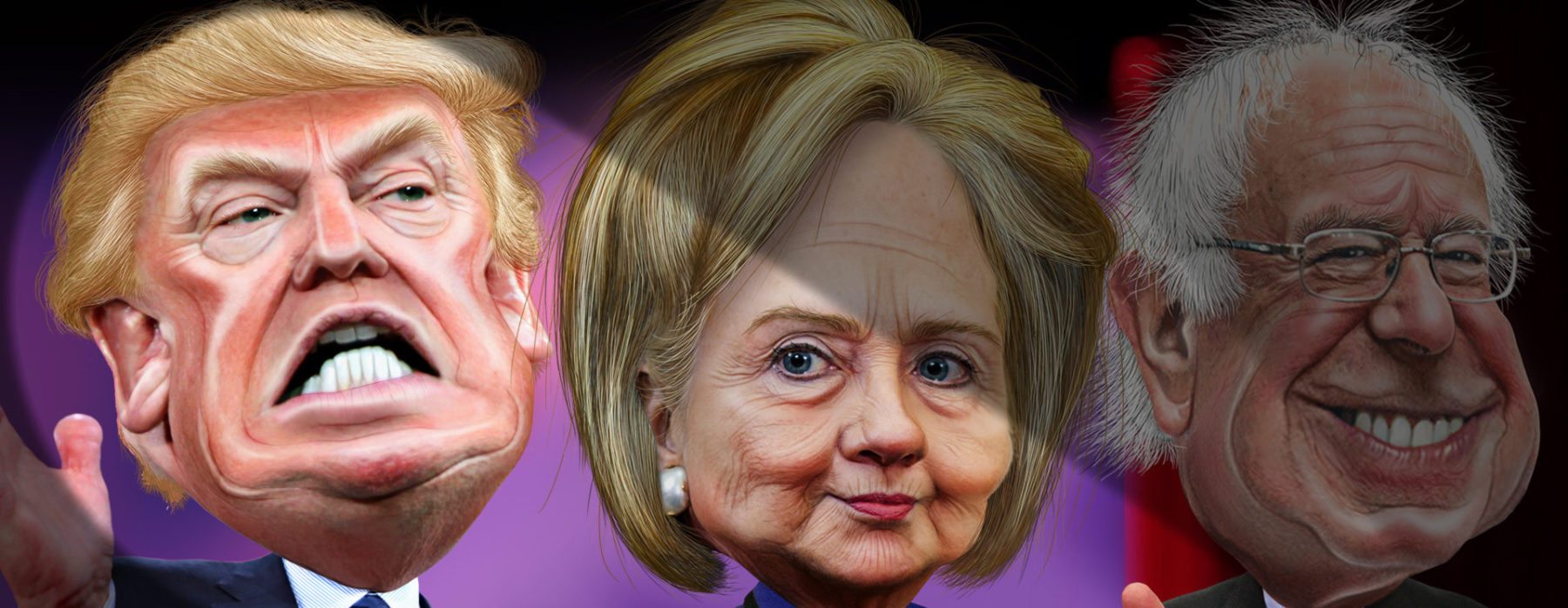Can the arts be politically neutral?
There is no topic more potent than politics to pit people against one another. ‘Brexit’ is a topic that has polarised our nation. It hasn’t been the first and it won’t be the last. In these instances, we should look to what around us is capable of swaying our opinions.
The news that almost 300 prolific arts figures publicly petitioned for the UK to remain in the EU, signing their names for all to see shows that the arts are incredibly influential on public opinion. Several of those named in the petition are involved with arts organisations which carry with them a declaration of political impartiality, from the BBC to companies supported by Arts Council England like the National Theatre. Some are UK stars, such as Benedict Cumberbatch. Others, although not necessarily in the limelight, are crucial in the creation of content performed by these actors. Tom Stoppard, another name on this petition, has written works for both the BBC and the National Theatre.
Are the arts inherently political?
Considering the vocal political response from these creators, the topic of political impartiality in arts organisations and their place in Britain today has to be examined.
Examining this topic however reveals an ethical minefield on the arts, from examining if theatre can remain political in countries or during times of censorship, to the extent of unseen governmental pressure on Public Bodies like Arts Council England and the BBC influencing creators. For the sake of simplification, this article will break it down into two questions.
Firstly, are the arts inherently political?
On the one hand, art is a way for audiences to look at the state of society. From Salvador Dali’s Spanish Civil War commentary in “Autumnal Cannibalism” to Warwick’s own plethora of political theatre graduate companies, from ‘Barrel Organ’ to ‘Breach Theatre’, art is intertwined with politics. It is living, breathing social commentary.
Equally, there are many who see arts organisations as ‘above politics.’ Howard Jacobson of BBC Radio 4’s ‘A Point of View’ wrote “An artist with an agenda is dead meat unless he leaves his agenda outside the door of his studio or writing room.” When presenting art, the control of the artist is gone. The audience are free to interpret any meaning, political or otherwise, from their work. A direct political agenda removes the audience’s freedom to interpret work for themselves. There is nothing worse than alienating an audience, having them disregard your words before they are even fully formed. This is a risk which arts organisations want to avoid.
Art is intertwined with politics. It is living, breathing social commentary.
That isn’t to say that arts organisations haven’t produced and supported political work from their creators. Political work has been generated from many so-called impartial organisations.
Considering the possibility that perhaps the aim of these organisations to remain impartial may not even be possible, a second question must be asked. In a period of such political polarisation, if the art organisations even can be politically neutral, should they be?
For some, neutrality in the face of a politically dividing subject is the removal of the subject altogether. At the 2014 Edinburgh International Festival, in which half is financed with public funds, Scottish Independence-themed productions were controversially banned in the name of such neutrality. The decision was met with almost widespread condemnation. There were cries of censorship, of missed opportunities to engage with Scotland as it is now. It wasn’t what the arts should be.
The umbrella of political impartiality allows organisations to put on a diverse range of works
The BBC’s decision to cut Eurovision’s powerful refugee tribute in the name of impartiality has been met with similar responses. This version of political neutrality can no longer be tolerated.
Now arts organisation should see impartiality is not the absence of politics, but the ideology that no work is worth more than the other for its political influence. The umbrella of political impartiality allows organisations to put on a diverse range of works, which will attract audiences from every walk of life to unite and see it. With this political diversity, every piece is a different way of seeing the world, a different story to be told.
Director General of the BBC Tony Hall has called the BBC’s impartiality “A trusted voice in a crowded arena” for the public. The implication of this is that they should not be silent in the name of neutrality. He continues that the arts’ role in this politically dividing climate is to bring the audience “together in a national conversation”. To engage in current political discussion, and to showcase all sides of the argument is our new impartiality in the arts. We can no longer simply turn a blind eye for neutrality’s sake.
Impartiality isn’t easy, but it’s worth fighting for.
This is a difficult path to take. It would be so much easier to take the route of the Edinburgh International Festival, to cast aside politics in the name of neutrality. Yet, this is the decision that the BBC and organisations like it must take. To allow their creators to be vocal, to provide a voice amidst all the uncertainty and questions, from both viewpoints. Impartiality isn’t easy, but it’s worth fighting for.

Comments